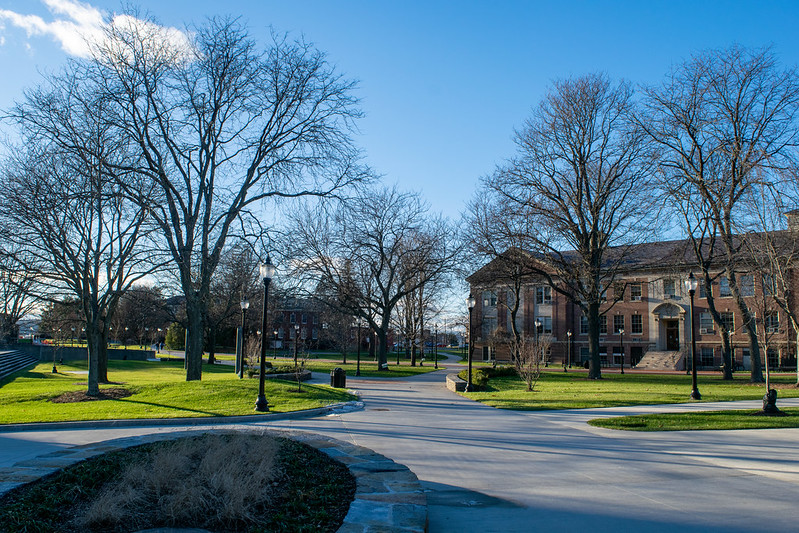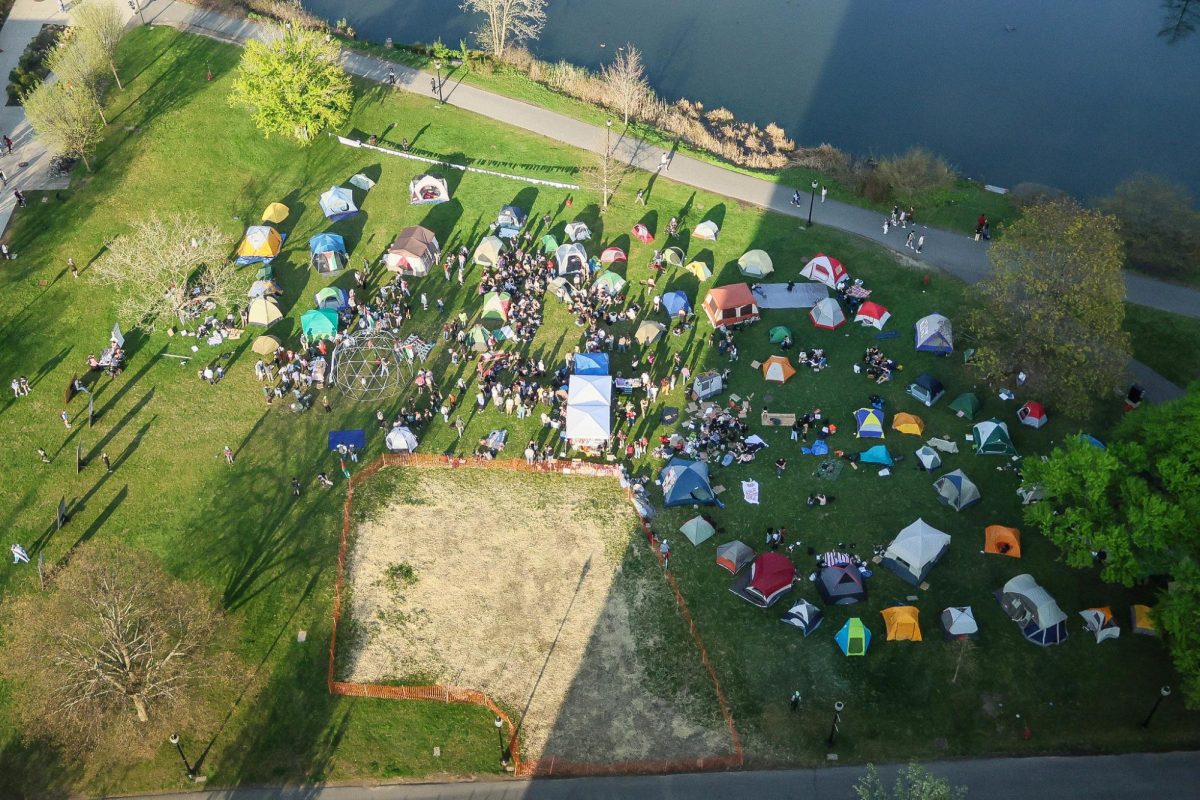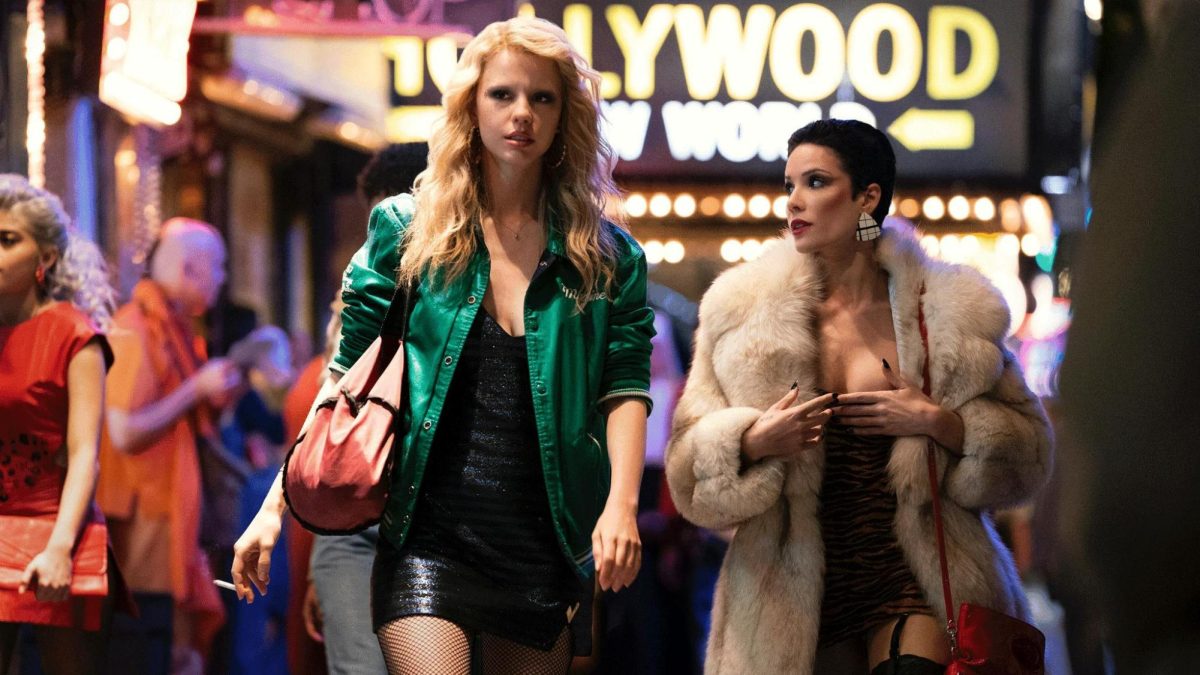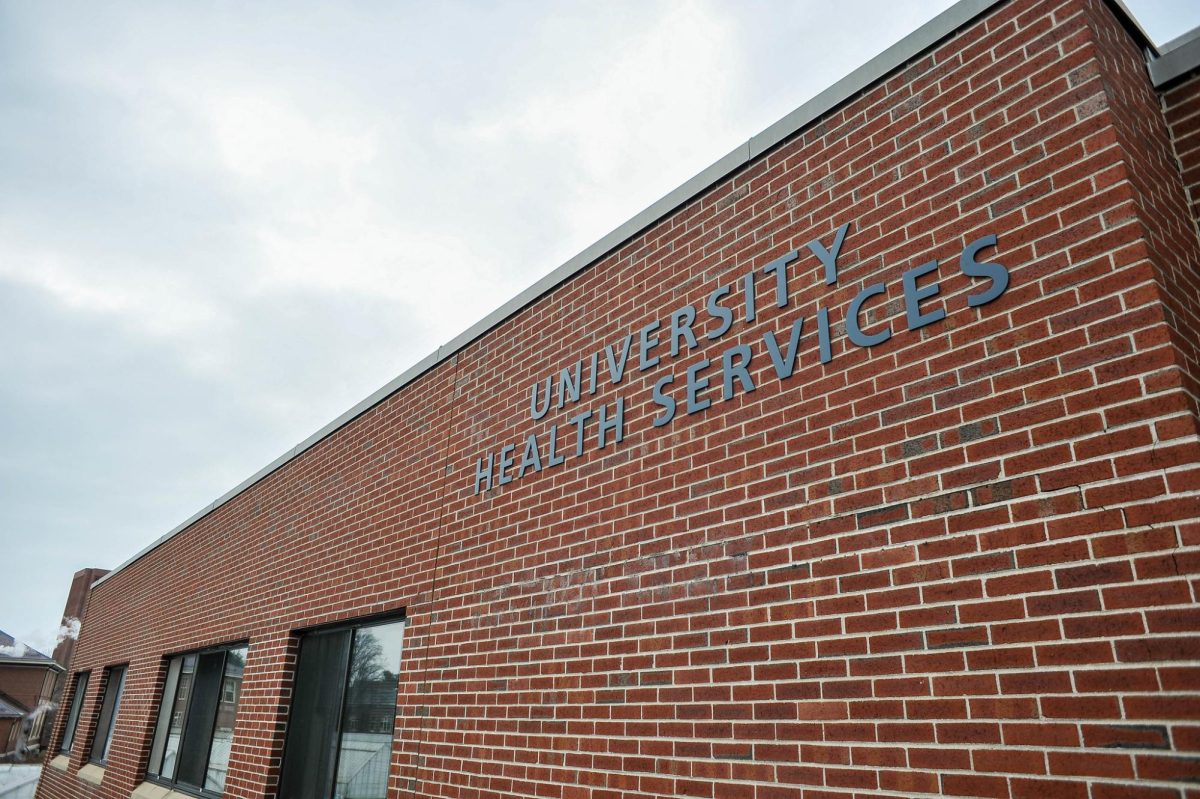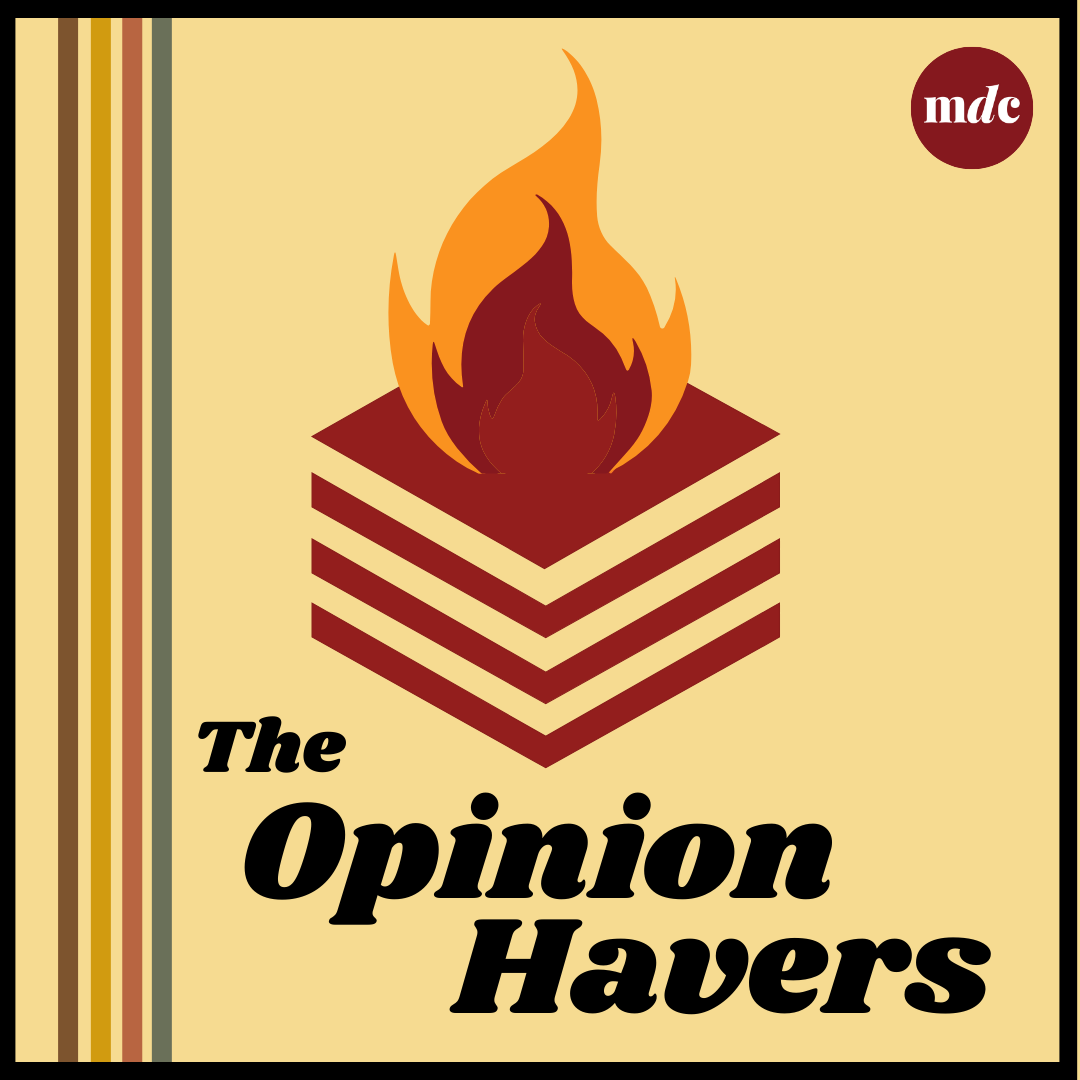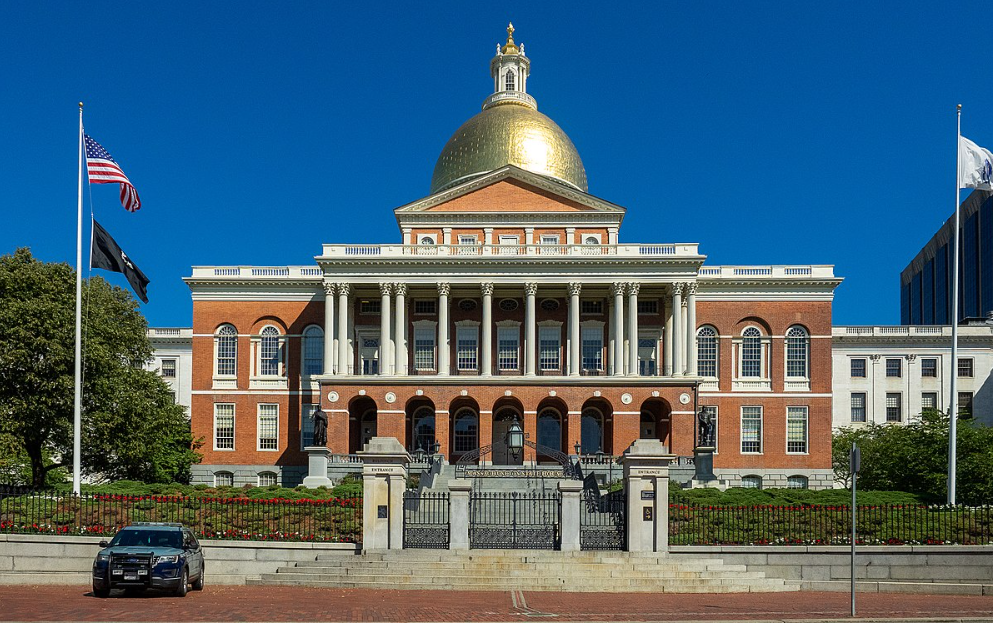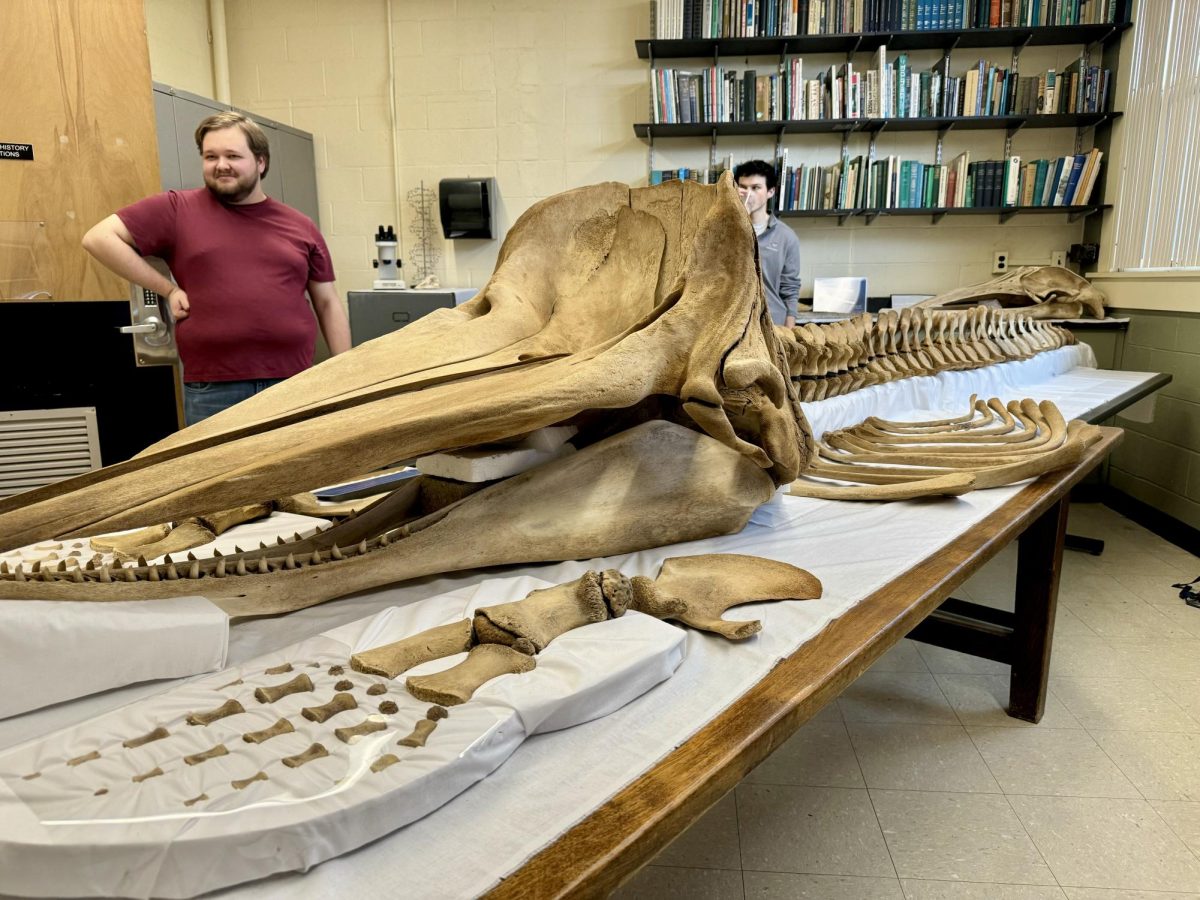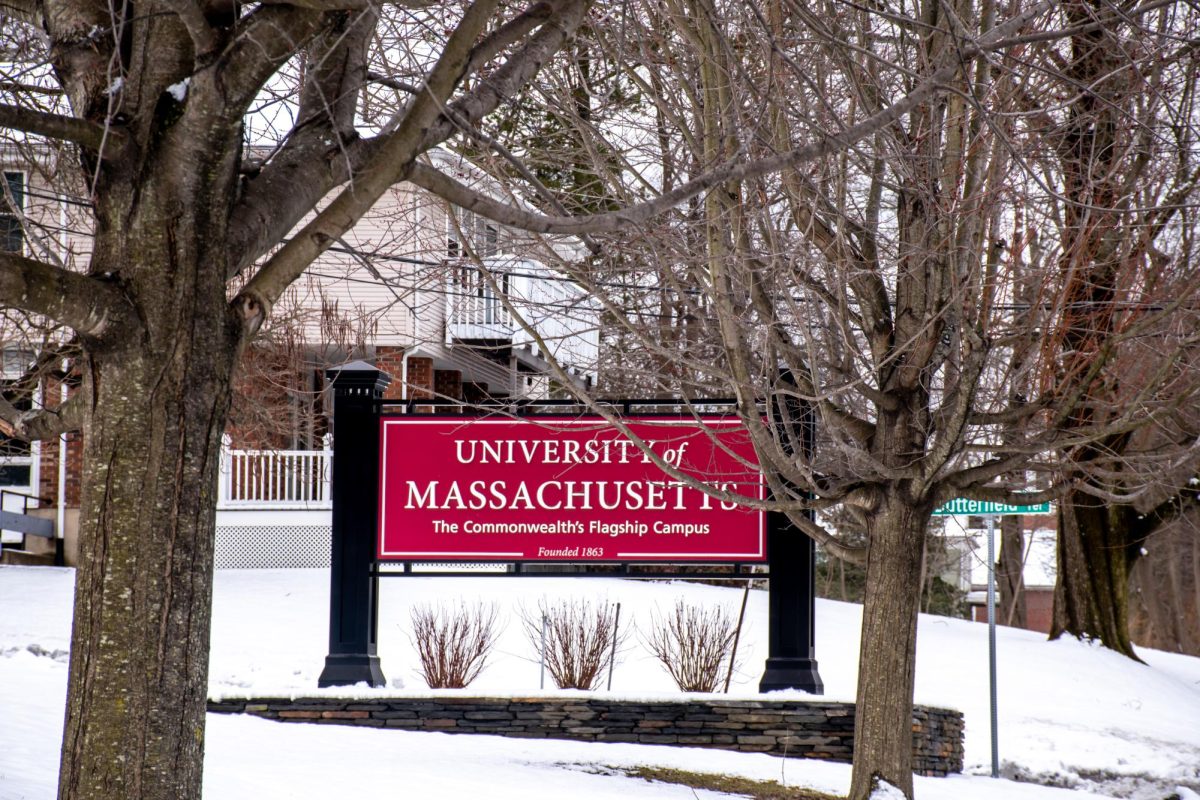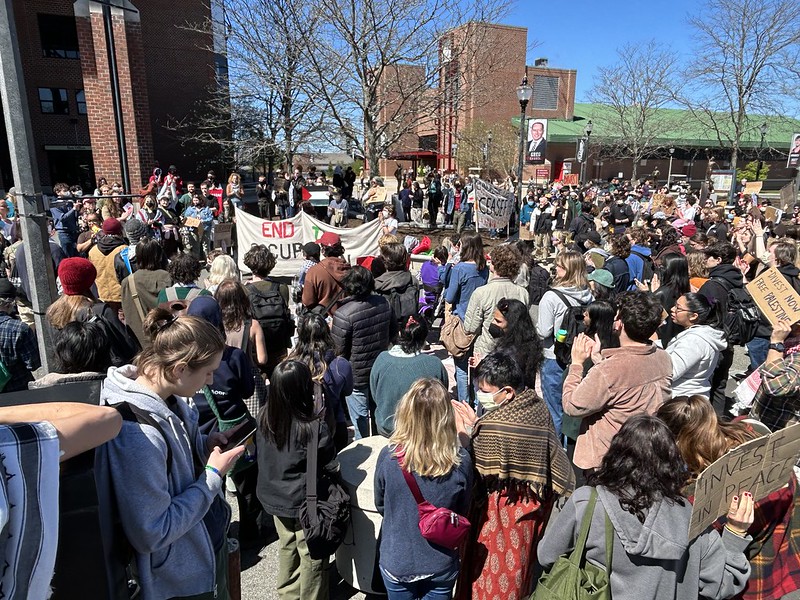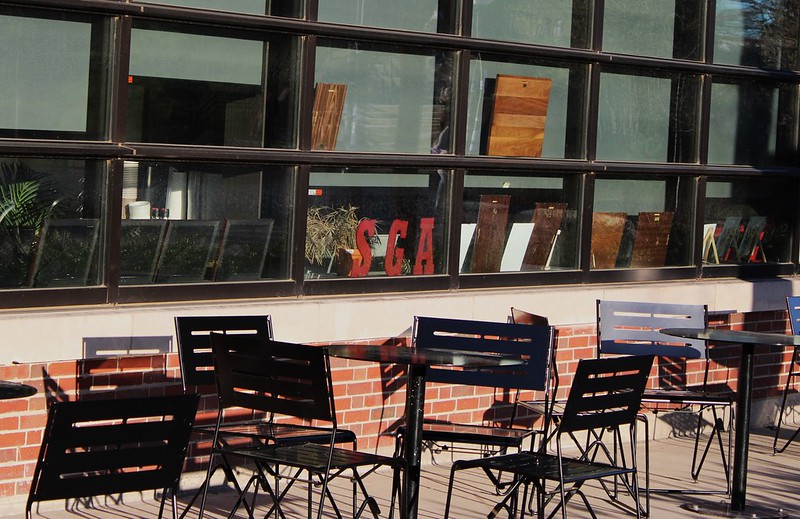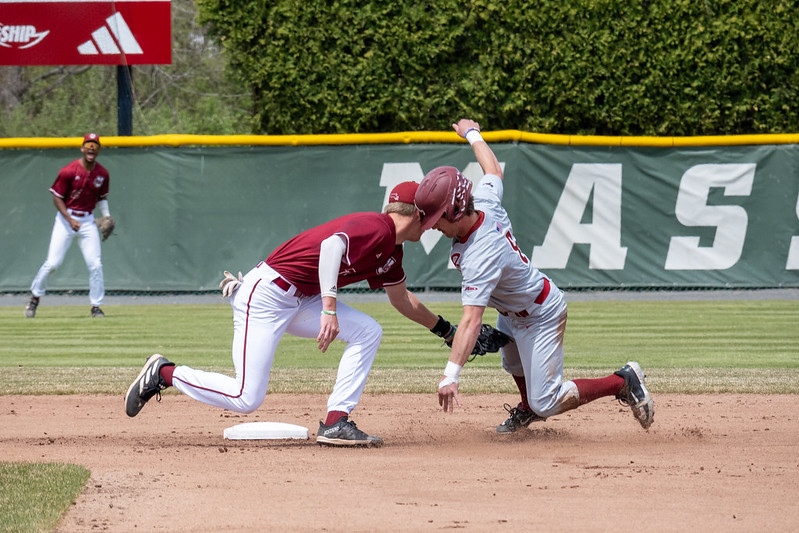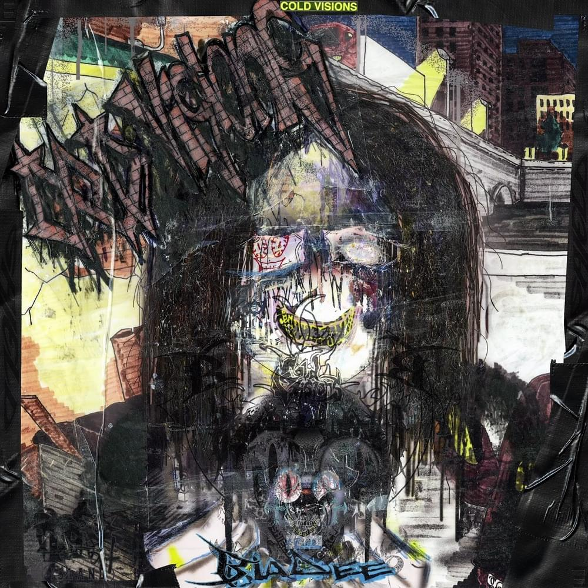The University of Massachusetts departments of history, political science and journalism teamed up for a Thursday afternoon panel that examined political violence, polarization and the role of the news media in response to the attack on the Capitol last week.
“Capitol Siege: What Happened?” was moderated on Zoom by Jamie Rowen, associate professor of legal studies and political science.
Amel Ahmed, associate professor of political science and associate provost for equity and inclusion, began the conversation by focusing on the threat of American democratic backsliding. She noted the correlation between the events of Jan. 6 and violent insurrections that have occurred in other countries.
“There was a coup. Or at least, an attempted coup,” Ahmed said of the event on Jan. 6. “I think our reluctance to label it as such may stem from the fact that we exoticize such events when they happen elsewhere and cannot recognize them in our own context.”
Ahmed added that she believes there’s more than violence at stake. Unlike places like Hungary and Turkey, where violence has led to a corrosion of democratic institutions, the U.S. houses a political class that uses elections to gain power.
“As much as we’re going to learn, we already know enough to act. And to begin holding people accountable for these events,” said Christian Appy, professor of history. He disagrees with the statement that events or tendencies like the one at the Capitol are exceptional, noting the response of president-elect Joe Biden to the insurrection: “The scenes of chaos at the Capitol do not represent a true America.”
“This has become a kind of mantra of American leaders in the face of terrible events,” Appy said. “They will invoke routinely this idea of American exceptionalism, that we are forever a force for good in the world, always on the side of democracy and human rights.”
Rather, Appy sees the American promotion of democracy as the exception, not the rule. “To the extent to that we continue to insist that who we are is something better than [what] we really are, I don’t think we’re ever going to address the underlying problems that are a key part of explaining the shocking events of the last week,” he said, specifically mentioning American racism, misogyny, economic inequalities and imperialism.
The occurrences at the Capitol being in line with American identity was a theme apparent to several panelists.
“What happened at the U.S. Capitol, and continues to unfold around us as insurrectionists threaten violence at the inauguration and all 50 state capitols, is fundamentally, if sadly, part of who we are,” said Kathy Roberts Forde, associate professor of journalism.
While the U.S. was founded on principles of equality and freedom, she said it has often embraced the opposite: racism, oppression and exclusion. “What we saw at the U.S. capitol grew out of this dangerous contradiction at the heart of the American experience,” Forde said.
According to Forde, the institution of the press has been at the center of America’s history of violent, racist and anti-democratic efforts. She pointed to southern white supremacist news leaders of Reconstruction-era politics, who used racist lies to incite racial violence.
Today, news leaders still use their power within racist political structures to spread disinformation, Forde believes. The Capitol siege wouldn’t have occurred, she said, if not for the work of right-wing news media spreading Trump’s falsehoods over time.
“When powerful news media are used to spread political lies…what we get is a polluted civil sphere – A large space in the public sphere where facts, reason, honest debate and a consensus notion of truth are but shadows,” Forde said.
The reality of collective violence and aggression on an individual and societal level was discussed by John Higginson, professor emeritus of history. “Violence and aggression in any society embrace related problems of social and political cost, morality, social cohesion and authority,” he said, claiming that the concept of collective violence is rarely incidental and can only happen when large amounts of people with social power and political enfranchisement feel uncomfortable in how a political order addresses their concerns.
“People rarely risk their lives for abstractions, such as colonialism, nationalism or white supremacy. Rather, such ideals become normative standards,” Higginson said.
Such standards are intensified by hyperpolarization, according to Alex Theodoridis, associate professor of political science. His research shows that polarization is a more natural state of affairs than when Americans were not polarized along party lines. Today, identities generally determine which party a person votes for, making individuals psychologically attached to their parties, Theodoridis
“When there’s an assault on our party, it becomes tantamount to an assault on us,” he said. This leads to distrust amongst parties and dehumanization—viewing the opposite party as less evolved. Those who dehumanize tend to accept partisan violence.
The conversation of parties continued, as panelists focused on precedents that have shaped how people with power see the present and answered audience questions.
“The problem with Trump is the problem of weak parties,” said Ahmed. While his technically charismatic appeal can create assumptions that the problems surrounding his party are gone, she said, that is not the case and can only be halted by strong parties with control over their elections.
This led to discussion of how political discourse must change moving forward, to which Forde emphasized that news media must self-regulate its industry and implement standards disincentivizing disinformation campaigns. In a similar sentiment, Ahmed said that information is being wrongfully communicated, in that there are always irregularities in election administration. “There has to be work done to demystify how we think elections are actually conducted,” she said.
Higginson and Theodoridis added that irregularities involve the configuration of the electoral college, creating unequal power of individual and electorate. This inequality and partisanship allow few consequences for interruptions of American electoral systems.
“There are no consequences for intellectual dishonesty,” said Theodoridis. “There’s this electoral insulation that is thickened by polarization and we have to learn to live in that context.” Such consequences will ensure that disruptive actions are not normalized and considered permissible and acceptable in a democratic society, according to Ahmed.
The panel concluded with the reminder that it was just the beginning of a necessary continued conversation that would make meaning of these events and the future of the institution of American politics.
Ella Adams can be reached at [email protected] and followed on Twitter at @ella_adams15.

